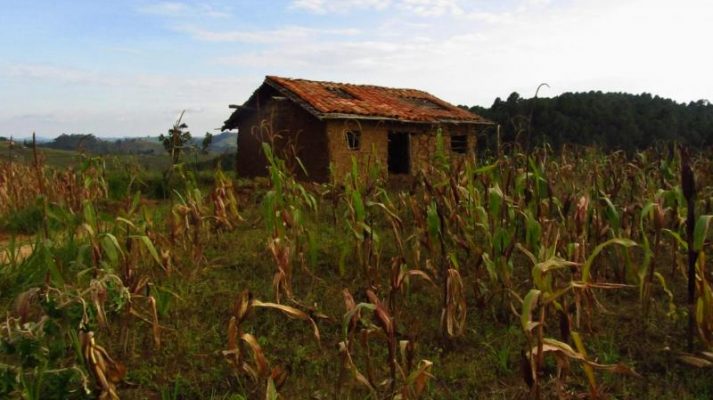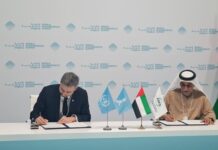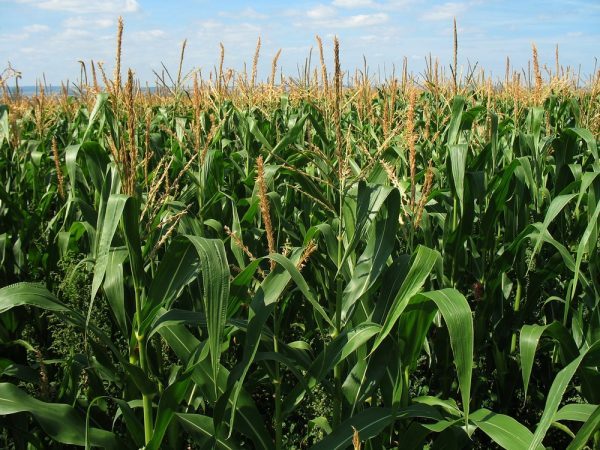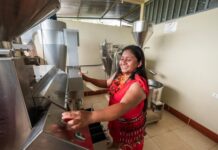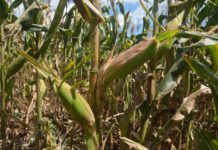A new US$305.7 million programme will help more than 13 million of Ethiopia’s most vulnerable farmers to increase and diversify their incomes, access financial services and build their resilience in rural areas threatened by climate change.
Ethiopia’s agriculture sector, which employs 80 per cent of the population, continues to suffer from frequent droughts aggravated by climate change. In 2017, insufficient rainfall during the rainy season led to catastrophic crop and livestock losses and left an estimated 8.5 million people in need of humanitarian assistance.
A financing agreement for the Rural Financial Intermediation Programme III (RUFIP III) was signed today by Gilbert F. Houngbo, President of the International Fund for Agricultural Development (IFAD), and Zenebu Tadesse Woldetsadik, Ambassador, Permanent Representative of the Federal Democratic Republic of Ethiopia to the United Nations Food and Agriculture Agencies in Rome.
“Access to finance is crucial for rural people – particularly those whose incomes are threatened by a changing climate – to expand their businesses, and to take advantage of new emerging livelihood opportunities along agricultural and agro-industrial value chain,” said Ulaç Demirag, Country Director for Ethiopia.
“This new programme will provide financial products and services to poor rural people in the least developed areas to promote poverty reduction and livelihood risk mitigation,” he said.
RUFIP III will build on the lessons and experiences of the first two phases of the programme, and will scale up delivery of rural financial services tailored to the needs of the most vulnerable smallholder farmers, particularly women and young people.
It will strengthen the capacity of the rural finance institutions to deliver an expanded range of financial products and services to a large number of rural poor people. It will also support the uptake of these products by rural savings and credit cooperatives and microfinance institutions through financial literacy training. It will also develop insurance products through the rural finance institutions to allow smallholder farmers to mitigate the risks related to climate change.
Despite improvements, Ethiopia’s child malnutrition rates are still the highest in sub-Saharan Africa. The programme will also promote nutrition awareness through campaigns and demonstrations, targeting the areas most vulnerable to food insecurity due to climate change. It will also help farmers and small enterprises to enhance their resilience to weather related shocks.
The funding includes a $35.1 million grant and $4.9 million loan from IFAD, with significant cofinancing from international development partners and from national financial institutions. The Government of Ethiopia’s contribution is $51.9 million and $0.9million from the beneficiaries themselves.
Since 1980, IFAD has invested $795.5 million in 20 rural development programmes and projects in Ethiopia worth a total of $2.1 billion. These have directly benefited around 12 million rural households.


